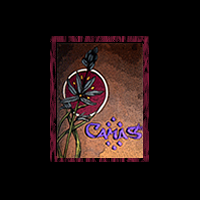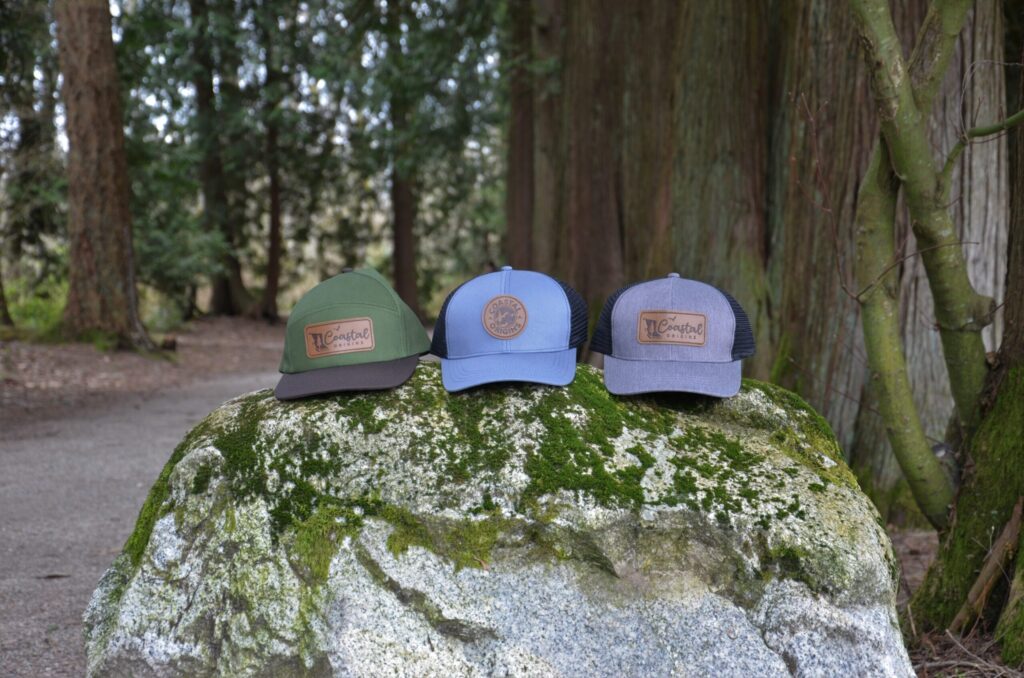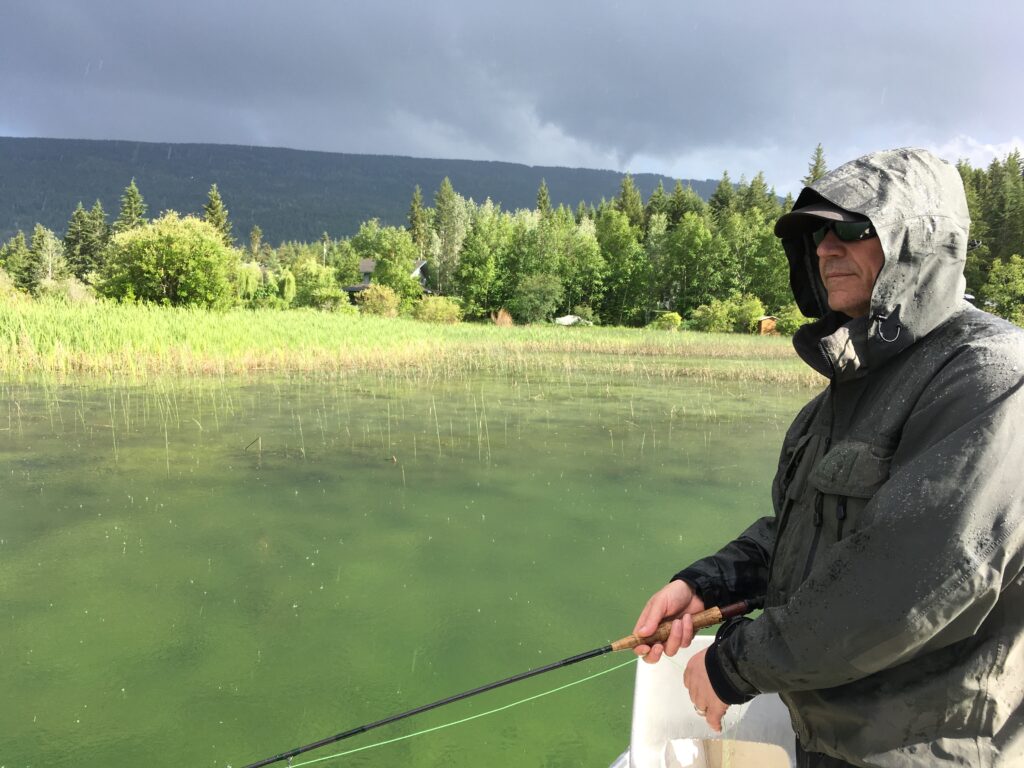Collectively operated, not-for-profit, all volunteer bookstore and community space.
The Camas infoshop is a not-for-profit, collectively-run bookstore and autonomous space located on Lekwungen territory in Victoria, British Columbia, Canada. Camas opened its doors in September 2007 to provide a voice for anarchist, anti-authoritarian, and indigenous perspectives, and to foster a spirit of solidarity within social struggles locally, regionally and globally.
Camas carries new and used books, both fiction and non-fiction, on a variety of subjects. We also distribute pamphlets, books, zines, cds, videos, and art focusing on anti-imperialism, indigenous peoples, black power, queer/trans, feminism, radical and local ecology, health and food security, diy/self-sufficiency, and anarchism.
We also carry jewelry, patches, stickers, and a range of t-shirts and other artisan-produced items. Many items in the store are community donated and all revenues generated from sales go towards sustaining the store’s function as a place for people to meet, organize projects, hold events, engage in discussion groups, and build non-hierarchical networks and communities of mutual aid, autonomous from state or corporate dependency. Additionally, we also retail fundraising merchandise from affiliated community groups and activist projects to help sustain their projects.
The collective is named in honour of the camas plant, which is cultivated and harvested as a root vegetable by the local Lekwungen people. With the advent of European colonialism, regional camas meadows were largely destroyed by cattle grazing, agricultural activity and urbanization. Recently, however, the Lekwungen have begun renewing their traditional harvest practices.
By naming our store after the camas flower, we are acknowledging the history of the territory on which our project is situated and the contemporary imperative for settlers to join the struggle against colonialism. The collective envisions the camas flower flourishing on this land once again, as ecological renewal, local sustenance, and food security are central to creating a world free of capitalism and colonialism.






